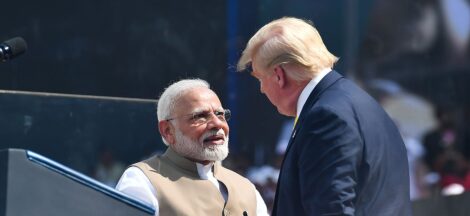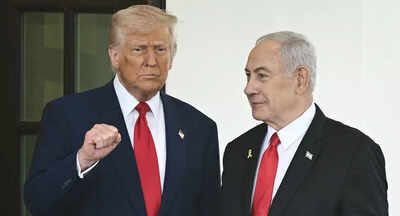Foreign ministers from the Quad—Australia, India, Japan and the United States—together issued a statement on 2 July condemning the April 22 massacre in Jammu and Kashmir’s Pahalgam, where gunmen killed 26 civilians. The declaration, delivered at their Washington meeting, described the incident as “reprehensible” and called for perpetrators, organisers and financiers to be prosecuted without delay. Deep condolences were extended to the victims’ families, along with wishes for full recovery to those injured.
The ministers declared they “unequivocally condemn all acts of terrorism and violent extremism in all its forms and manifestations, including cross-border terrorism,” while pledging to step up counter‑terrorism cooperation. They urged all UN member states to honour legal obligations and assist relevant authorities in bringing those responsible to justice.
The joint communiqué reaffirmed that 25 Indian nationals and one Nepali citizen were killed in the Baisaran Valley, with several others wounded when assailants opened fire on visitors, mostly targeting non‑locals. Investigative findings link the attackers to Pakistan‑based militant networks, notably Lashkar‑e‑Taiba and its offshoot, The Resistance Front—an organisation purportedly behind the measurements of local identity prior to execution.
In response to the attack, India launched Operation Sindoor on 7 May, executing precision air strikes on terror camps in Pakistan and Pakistan‑occupied Kashmir. The offensive triggered a brief but intense military exchange before both nations agreed to cease fire on 10 May.
At the Quad meeting, External Affairs Minister S. Jaishankar reiterated India’s stance against terrorism, stating “victims and perpetrators must never be equated” and affirming New Delhi’s right to respond decisively. He underscored the collective duty to uphold zero tolerance to terror, emphasising the importance of distinguishing between innocent civilians and those who perpetrate violence.
The gathering also addressed wider geopolitical challenges. Ministers pledged to reinforce maritime security, safeguard critical supply chains, and uphold international law in the Indo‑Pacific region. They flagged growing concern over aggressive manoeuvres in the South and East China Seas and cautioned against any attempts to alter status quos via force.
In addition, the group committed to diversifying critical‑minerals supply chains, citing vulnerabilities associated with over‑reliance on single sources—a move interpreted as part of a broader strategy to enhance regional resilience.
The Pahalgam atrocity drew international condemnation beyond Quad nations. The Financial Action Task Force criticised the attack, emphasising that such mass violence cannot occur without illicit financial networks. The BRICS Parliamentary Forum issued a strong denunciation, signalling broad-based global awakening regarding terror threats and their impact on regional security.
The attack stands out as the deadliest civilian massacre in India since the 2008 Mumbai attacks. Investigators noted that militants employed M4 carbines and AK-47s, selecting victims based on religious identity and had received financial support from transnational networks.
Security experts highlight that the Pahalgam massacre and its aftermath have sharpened global attention on cross-border militancy originating from Pakistan. The Quad leaders’ emphasis on justice and expanded Indo‑Pacific cooperation is interpreted as a strategic, unified push to deprive terrorists of operational and financial safe havens.
The joint communiqué’s dual focus—on delivering justice in the Pahalgam case and reinforcing regional security architectures—signals an intensifying diplomatic and defence alignment among Quad nations. Their collective message aims to pressurise states sheltering terrorism while demonstrating unity in confronting global terror threats.




 Court Directs Police, MPCB to Respond in Mosque Loudspeaker Dispute
Court Directs Police, MPCB to Respond in Mosque Loudspeaker Dispute 